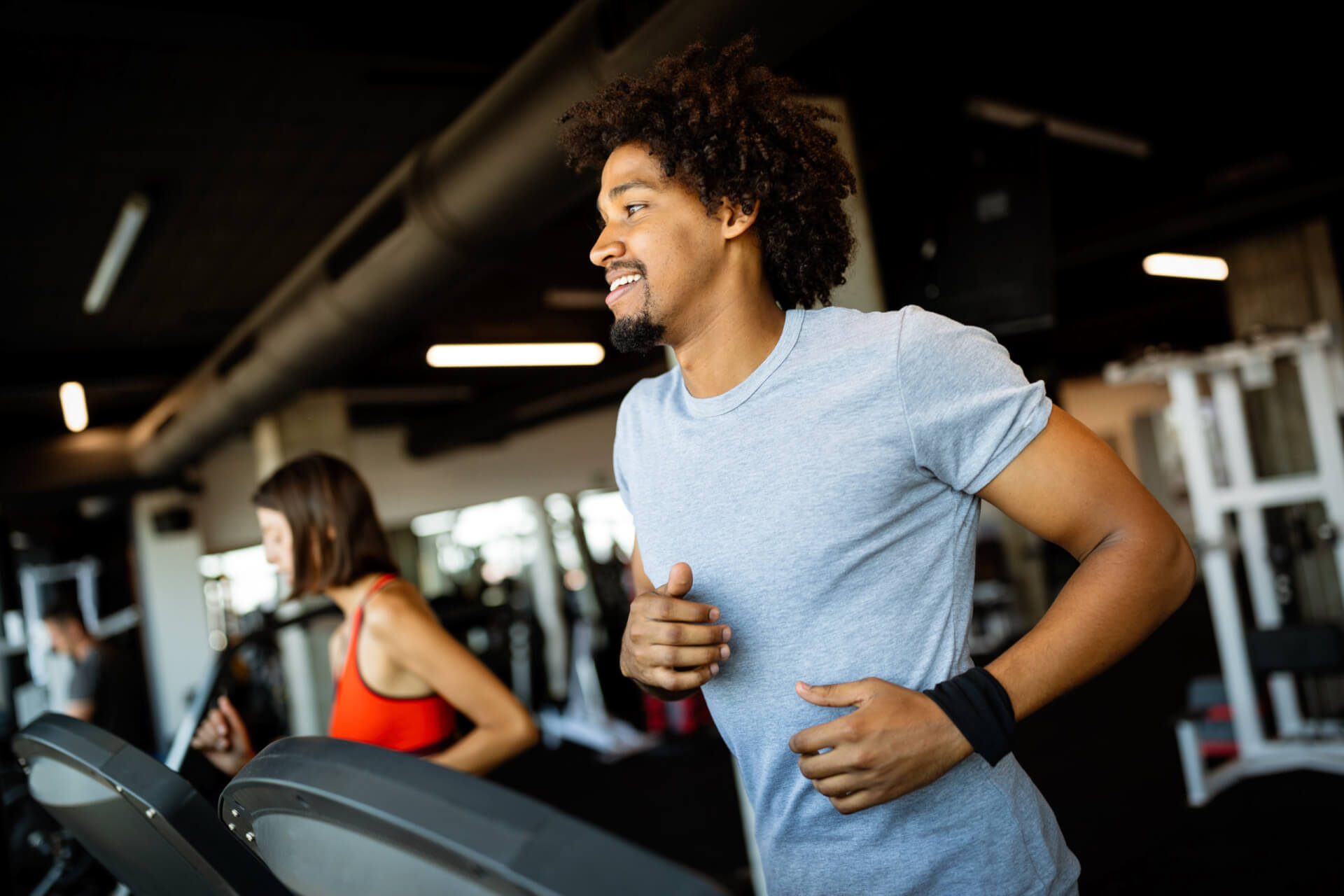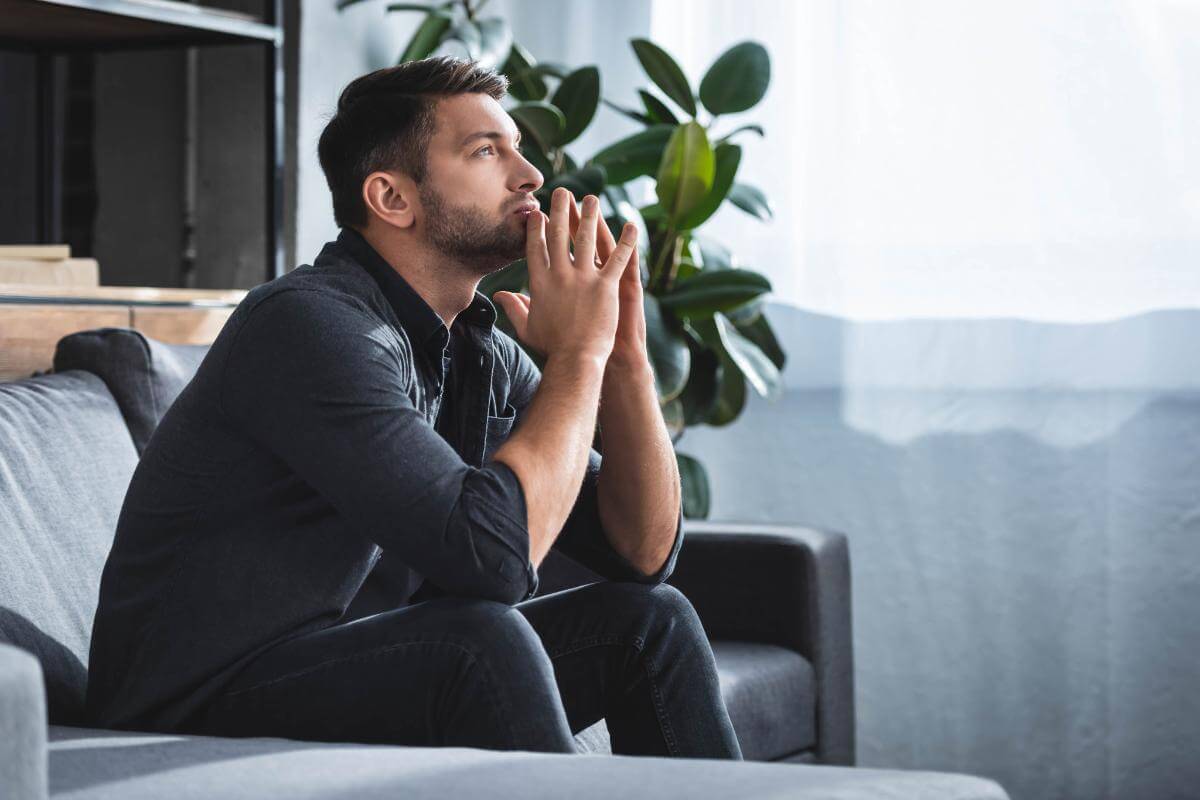We have all heard time and time again how important it is for us to exercise. We all know that exercising has countless benefits for our physical health such as losing weight, lowering risk of infection, improving circulation, and many more.
While exercising can greatly support our physical well-being, it can also support our mental health. In recent years, the state of behavioral health in the U.S. has hit an all-time low. The Centers for Disease Control and Prevention (CDC) found about 1 in 6 adults will experience depression at some time in their lives, affecting 16 million American adults every year.
As we work to destigmatize mental health and improve access to behavioral health care, researchers are studying the brain and factors that may contribute to depression. Neuroscientists have discovered that the hippocampus of the brain, the area that regulates mood and emotion, is generally smaller in individuals with depression.
Exercise has been found to have a profound effect on our mental health, and even supports nerve cell growth in this area of the brain to relieve symptoms of depression.
In addition, when you exercise, your body releases endorphins, which are chemicals that are released when the body experiences pain or stress. As endorphins are released, they can ease feelings of depression and improve your overall mood. Many equate the release of endorphins to taking a dose of morphine and it is often referred to as a “runner’s high.”
You don’t have to run a marathon to feel the release of endorphins and reduce levels of stress, though. A recent meta-analysis looking at 15 studies with 190,000 participants found adults who did 1.25 hours of brisk walking each week had an 18% lower chance of experiencing depression compared to individuals who did not exercise. Increasing the activity to an equivalent of 2.5 hours of brisk walking per week resulted in a 25% lower chance of experiencing depression.
Physical activity can also help improve your self-esteem. Achieving milestones while exercising can give you a major confidence boost and lift your spirits. For example, you may feel stronger and more powerful after you finished a difficult hike, dance class, or long walk. Hitting these milestones and feeling proud of your accomplishments can have a profound impact on your mental health.
Individuals with depression and anxiety can also have some trouble getting enough sleep – about 75% of individuals with depression have trouble falling or staying asleep. Lack of sleep can impact your productivity throughout the day and can even worsen your mood.
Thankfully, exercising can help with that. Physical activity can help regulate your circadian rhythm, which helps our body recognize tiredness and alertness. This can help your body establish a routine to get enough sleep at night and improve your energy levels and overall mood.
There are plenty of physical activities you can work into your daily life to get your body moving and help ease feelings of stress, depression, and/or anxiety. Some types of exercise you can add to your routine include:
- Hiking
- Dancing
- Biking
- Swimming
- Weightlifting
- Yoga or Pilates
- Walking your dog
You should always enjoy the type of exercise you are doing. Try a couple of different types of physical activity to see which you enjoy the most. Having fun is important – and an easy way to put a smile on your face.
It is important to note that exercise is not recommended as a cure for depression and anxiety. Experts suggest integrating physical activity into your daily routine to support your existing treatment plan.
“For some people it works as well as antidepressants, although exercise alone isn’t enough for someone with severe depression,”
–Dr. Michael Craig Miller, assistant professor of psychiatry at Harvard Medical School
Always consult with your doctor or care team when determining the best course of action to treat your anxiety or depression. Exercise can be a great outlet for you to relieve stress and build self-confidence to help you live a long, happy, healthy life.
Visit Treatment Connection to find a state-vetted mental health or substance use disorder treatment provider near you.
DISCLAIMER: THIS BLOG POST DOES NOT PROVIDE MEDICAL ADVICE
The information, including but not limited to, text, graphics, images, and other material (collectively, “Information”) contained on this blog post are for informational purposes only. None of the Information is intended to be a substitute for professional medical advice, diagnosis, or treatment. Always seek the advice of your physician or other qualified health care provider with any questions you may have regarding a medical condition or treatment and before undertaking a new health care regimen, and never disregard professional medical advice or delay in seeking it because of something you have read on this blog post.

